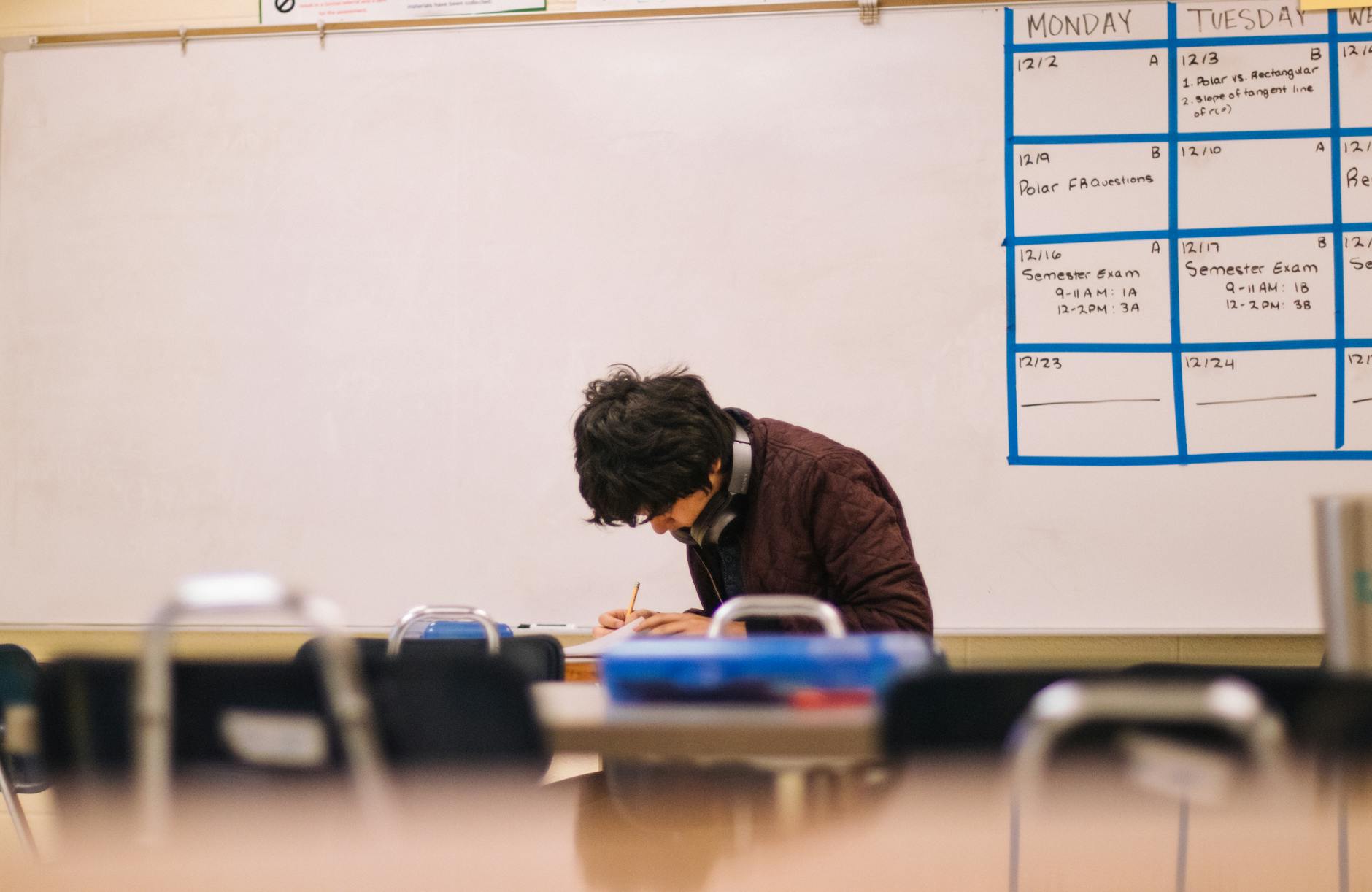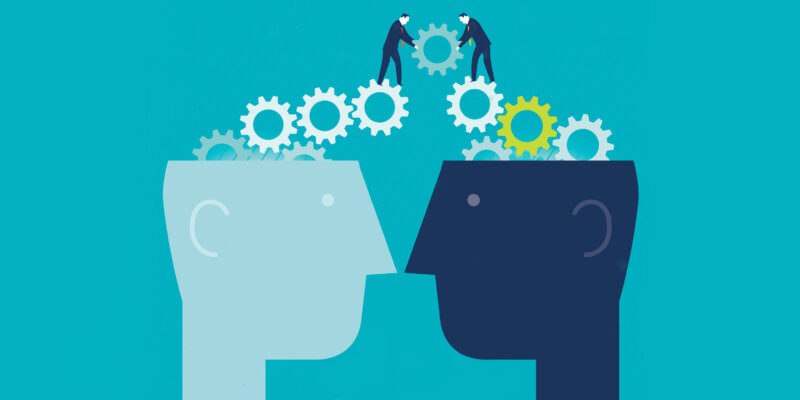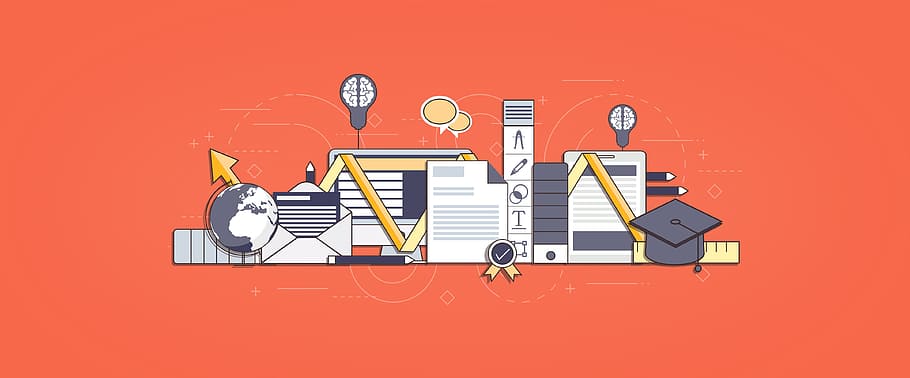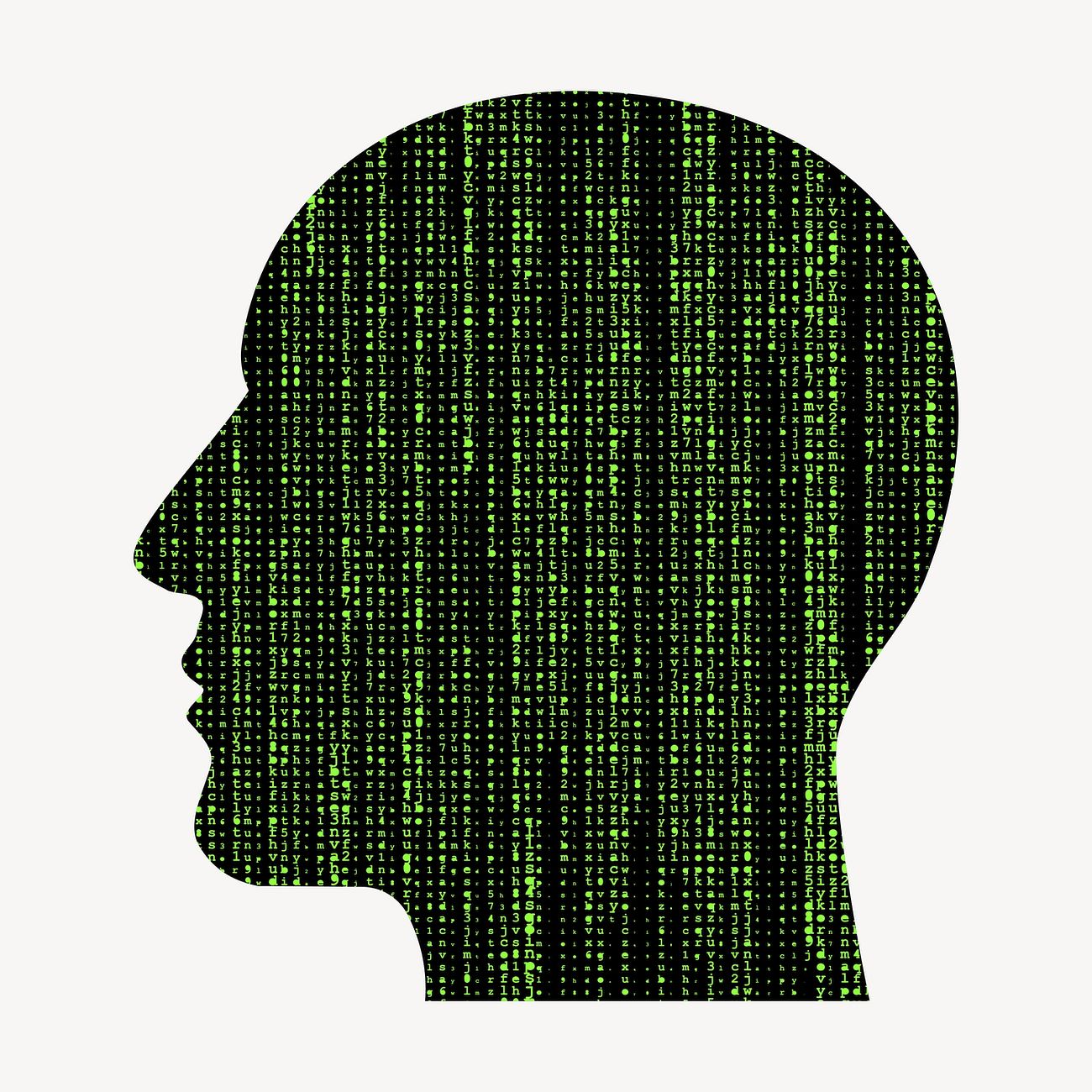Category: education
-

AI in Higher Education Symposium Review (Sydney, 7 February, 2025)
Here is a review of the AI in Higher Education Symposium at the University of Sydney on Friday, February 7, 2025. These are all the sessions that I attended (and there were lots!). I have incorporated the information from my notes and the conference program and used NotebookLM to assist in the compilation. Introduction The…
-

Three assessment examples using AI tools
The following assessments utilise AI tools to help students exhibit higher-order thinking skills. They are designed to evaluate student learning in ways that align with contemporary needs. These assessments focus on tasks requiring students to apply their knowledge in meaningful contexts rather than relying on traditional assessments that often overlook essential skills such as teamwork.…
-

Ten Competencies for Teachers in Higher Education, Post-AI
This sounds like much work, but these ten competencies may serve as a light on the hill for professional development on the “jaded edge” of AI in education. This is a noisy space, and an excellent way to move forward is through developing new skills and augmenting hard-earned older ones in critical areas. I will…
-

The future of the past-university online
After a tumultuous time in higher education over the past months, particularly in the EdTech and online learning spaces, it may be time to reflect, re-energise, and critically appraise. The past is full of junctures and upheavals, turning points and divergent paths, and it is the historian’s job to make sense of significant events and…
-

Building a moral operating system for IT students: pedagogies and problems
(This is a paper I will co-present at an applied ethics conference in Melbourne in December. Ethics in IT has become a huge deal! Dr Craig Bellamy, Lecturer, CSU Study Centre Melbourne, Nectarios Costadopoulos, Lecturer, CSU Study Centre, Sydney 9th Annual Australasian Business Ethics Network (ABEN) Conference, Melbourne, 8-10 December 2019 In this paper, we…
-

Would you like to chat? The Ethics of AI in Higher Education
I recently led a session at the eResearch Australasia conference on the ethics of AI in higher education. It is a big topic to handle, and I’m pretty new to this stuff, but the conversation went pretty well, and the awareness of both AI and ethics is high in this community. The ethical challenges posed…
